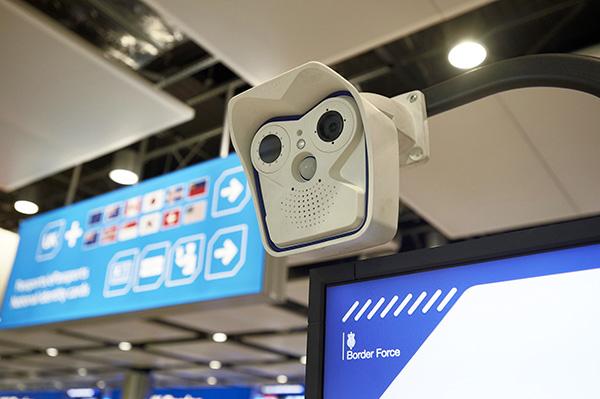
It used to be that when someone said they were afraid to fly, what they really meant was they were afraid of crashing.
COVID-19 has changed almost everything in most people’s lives. It’s even changed what it means to be afraid to fly. And it’s done that in two parts.
First came the “afraid to fly because I might catch the virus while traveling in a small tube” syndrome. Now comes the “afraid to fly because heaven knows what will happen when I arrive.”
The aviation industry campaigned hard last year to counter the first fear, that it might be easier to be infected while flying. Data and videos and Powerpoints were rolled out demonstrating the extremely low levels of documented virus transmission and why that is the case: hospital-grade cabin HEPA filters, mask wearing, seat backs, stepped up sanitization and other industry-wide processes that likely make an airliner cleaner and safer than the average grocery store.
But the second fear, already far more prevalent in 2021, is much harder for the industry to counter.
As more countries react to second and third virus waves and the new virus variants with increasingly draconian travel restrictions, fewer people will fly. Not because they are scared of flying, but because they do not want the hassle or cost of what it takes to be allowed to go somewhere.
The UK is about to insist on multiple COVID tests before flight, again on arrival and again after arrival; many passengers will also have to stay in government-approved hotels for mandatory quarantines at substantial cost. A family of four, should it still deem this travel necessary, could easily end up paying nearly $10,000 for the tests and hotel stays (ironically, they might do better to skip the quarantine and pay the maximum fine; it could work out cheaper).
The UK is not alone, of course. The skid toward highly unpalatable travel restrictions is almost global and almost certainly a move by governments to stop people traveling while not actually closing borders.
But the effect is the same. And if mandatory testing is brought into the US for all domestic flights, as seems to be under consideration, then Americans will stop flying not because of the flight but because of the cost and hassle of the tests.
Boeing has called on the White House not to expand international testing mandates to domestic travel. That’s a good call and it can be justified in science and data.




Comments